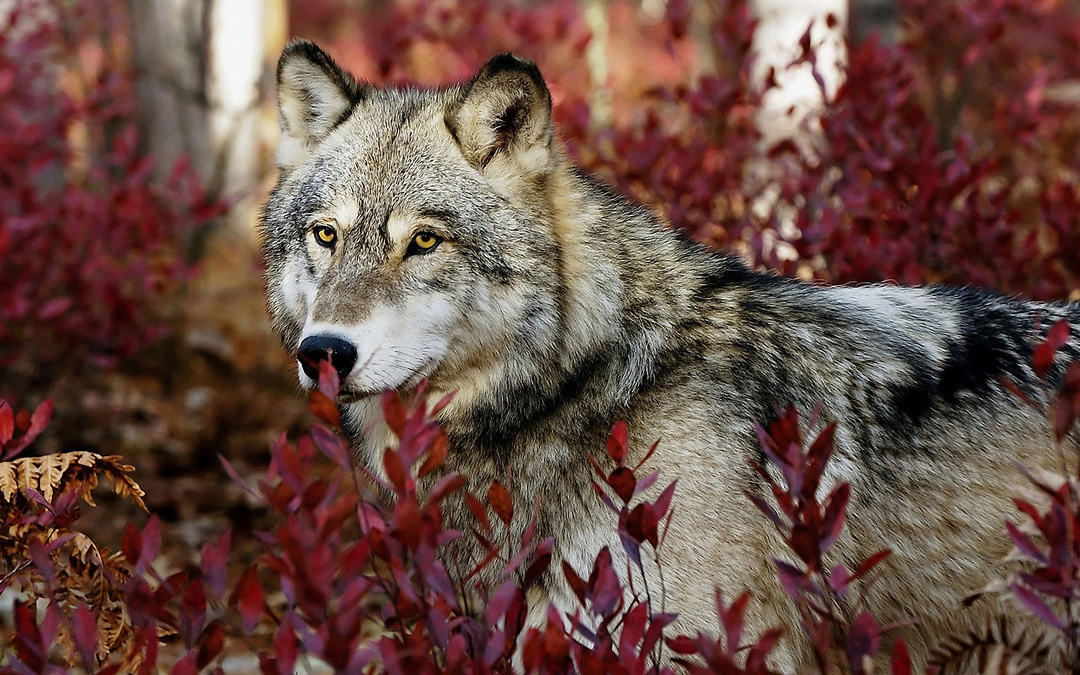LLG attorneys Mark M. Leitner, Jessica L. Farley, and Joseph S. Goode, along with attorneys from the Animal Legal Defense Fund (ALDF), filed a lawsuit in U.S. District Court for the Western District of Wisconsin challenging recently-enacted Wis. Stat. § 29.083, which prohibits photographing, videotaping, approaching, or maintaining a visual or physical proximity to a hunter—even on public land.
The lawsuit contends that the statute has a chilling effect on free speech and violates the First Amendment by imposing civil and criminal penalties against anyone expressing criticism towards hunting and animal exploitation seeking to record lawful hunter activity on public property.
“The First Amendment guarantees journalists and activists the right to record and distribute truthful information on important public issues, including the inhumane treatment of wildlife at the hands of hunters,” says Animal Legal Defense Fund Executive Director Stephen Wells. “This statute tramples those rights to protect those who would prefer to prey on animals in secrecy.”
Wisconsin Governor Scott Walker, Wisconsin Department of Natural Resources Secretary Cathy Stepp, WDNR Chief Warden Todd Schaller, and Wisconsin Attorney General Brad D. Schimel were named as defendants. Twelve Wisconsin county district attorneys were also named in the suit.
The three plaintiffs, documentary filmmaker Joseph Brown, journalist Louis Weisberg, and animal activist Stephanie Losse, are Wisconsin residents who depend on various monitoring techniques that the expanded statute now prohibits. The plaintiffs contend that Wisconsin hunters’ aggressiveness has been bolstered by the amended statute, leading to increasingly hostile confrontations about the plaintiffs’ rights to be on public land during hunting season and to record information and monitor hunter activity in other ways.
Brown, a documentarian and assistant professor of digital media and performing arts at Marquette University, has been documenting the work of Wolf Patrol, a conservation movement that monitors the recovery of gray wolves. Wolf Patrol searches for hunters violating hunting laws and documents hunting activity. Brown says that the law preventing the filming and observing of hunters has negatively impacted the creation of his latest documentary.
As editor-in-chief of the Wisconsin Gazette, Weisberg says his paper is the “go-to” media source for shining a light on hunting and wildlife topics. His access to sources of information is hampered by the law; sources now risk criminal prosecution, making it harder for Weisberg to publish on these topics of public interest.
Losse assists the Wolf Patrol group with photos and video support to help people better understand hunting in Wisconsin. She was served a citation after hunters called law enforcement officials claiming harassment under the current law.
For more information about Brown’s film on Wisconsin wolves, click here: www.wolfpatrolfilm.com.
For more information about the Animal Legal Defense Fund, click here.
A copy of the Complaint is available here.



